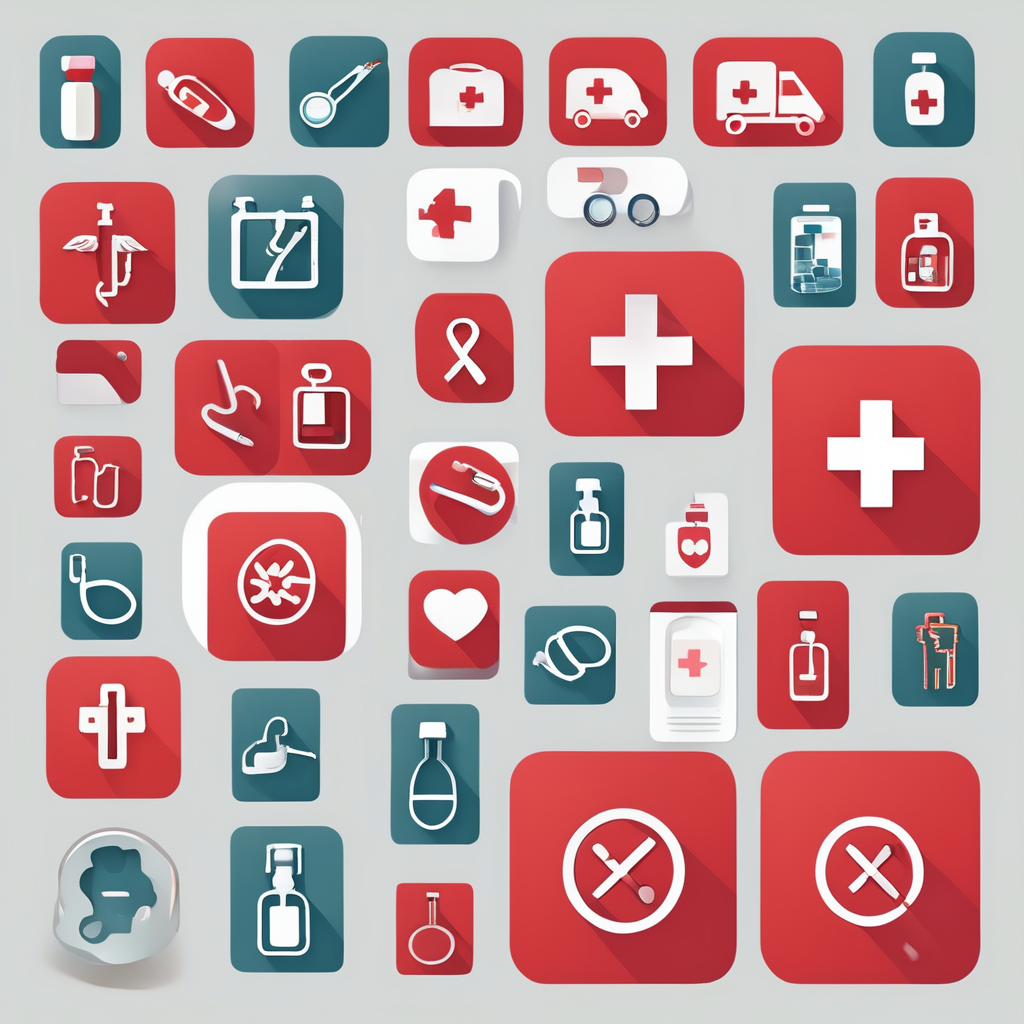Understanding Alternative Therapies for Mental Health
Alternative mental health therapies encompass a diverse range of treatments that fall outside conventional psychiatric approaches such as medication and psychotherapy. These therapies primarily aim to support mental well-being through non-traditional methods, often emphasizing holistic care. The scope of alternative therapies stretches beyond symptom management to include overall lifestyle improvement and emotional balance.
Common types of alternative mental health therapies include meditation, acupuncture, and herbal remedies. Meditation techniques, such as mindfulness and guided imagery, help reduce stress and enhance emotional regulation. Acupuncture involves stimulating specific points on the body to promote mental and physical health, while herbal remedies utilize plant-based substances to alleviate symptoms like anxiety and depression.
Have you seen this : Unlock Life-Changing Benefits: Integrate Mindful Breathing into Your Daily Routine
It is important to differentiate alternative therapies from traditional mental health treatments. Traditional approaches typically rely on biomedical interventions and standardized psychological therapies. In contrast, alternative mental health therapies focus on complementary or supportive practices that may be used alongside or in place of conventional methods. While alternative therapies provide additional options for individuals seeking mental health support, their use often reflects a personalized approach tailored to individual preferences and needs.
Evidence-Based Benefits of Alternative Therapies
Alternative mental health therapies have gained interest partly due to growing research investigating their effectiveness. Numerous studies provide evidence supporting the benefits of alternative mental health therapies in reducing symptoms of conditions such as anxiety, depression, and post-traumatic stress disorder. For example, mindfulness meditation has been shown to lower stress levels and improve emotional regulation by encouraging present moment awareness and reducing rumination.
Also to read : Unlock Nature’s Healing: The Surprising Mental Health Benefits of Forest Bathing Revealed
Research on alternative treatments reveals that acupuncture can influence the nervous system to modulate mood and pain perception, potentially enhancing mental well-being. Herbal remedies like St. John’s Wort have demonstrated antidepressant effects comparable to some conventional medications, though quality and dosage consistency are critical factors in their success.
Patient testimonials often highlight significant improvements in overall quality of life when integrating complementary therapies, offering real-world examples that reinforce clinical findings. These therapies tend to be particularly effective for individuals seeking holistic approaches or who experience side effects from standard treatments.
The mental health conditions most responsive to alternative therapy approaches include generalized anxiety disorder, mild to moderate depression, and stress-related disorders. Despite promising results, it is important to view these therapies as complementary, ideally in combination with conventional care to maximize benefits and ensure safety.
Potential Risks and Limitations of Alternative Therapies
When considering alternative mental health therapies, it is crucial to understand their potential risks and limitations to ensure safe and effective use. Unlike conventional treatments, some alternative therapies may pose side effects or interact negatively with other medications. For example, certain herbal remedies can cause allergic reactions or interfere with prescribed drugs, emphasizing the importance of consulting healthcare professionals before starting any new therapy.
Safety considerations extend to therapies like acupuncture, where improper technique or unsterilized equipment can lead to infections or injury. Meditation and other mind-body practices generally have fewer risks but may sometimes bring to light intense emotional responses, especially in individuals with severe mental health conditions. Recognizing these possibilities helps set realistic expectations around complementary treatments.
Limitations arise from the current state of research as many alternative mental health therapies lack extensive clinical trials or standardized protocols. This creates challenges in integrating these treatments consistently with conventional care. Patient variability also influences outcomes; what benefits one individual might be ineffective or harmful to another. Furthermore, the absence of regulation in some alternative therapy offerings can lead to inconsistent quality and safety issues.
Ultimately, the risks of alternative mental health therapies highlight the need for a cautious, informed approach. Collaboration between patients and mental health providers ensures that alternative approaches are safely incorporated, respecting both the therapeutic potential and the inherent limitations.
Integrating Alternative Therapies into Mental Health Care
Successfully integrating alternative therapies into mental health care requires a thoughtful and individualized approach. Combining traditional and alternative treatments can enhance therapeutic outcomes by addressing mental health from multiple angles. Mental health care strategies that blend these methods prioritize patient safety, efficacy, and preference.
To approach this integration effectively, patients and providers should first assess the individual’s condition, treatment history, and response to conventional therapies. For example, a person with moderate anxiety may benefit from continuing medication while adding mindfulness meditation to improve emotional regulation. This dual approach allows leveraging the strengths of both treatments for a more comprehensive effect.
Guidelines for choosing appropriate therapies emphasize personalized care. Factors like symptom severity, treatment goals, and potential risks must be weighed. Mental health providers play a critical role by offering expert advice, monitoring progress, and adjusting plans as needed. Their support ensures that alternative mental health therapies complement existing treatments safely and effectively.
Furthermore, integration encourages ongoing communication between patients and clinicians. This collaboration helps identify any negative interactions or emerging side effects early. It also fosters confidence in alternative options by grounding decisions in clinical knowledge and evidence-based practice.
Overall, integrating alternative therapies involves combining flexibility in treatment planning with professional oversight to enhance mental health care outcomes.
Understanding Alternative Therapies for Mental Health
Alternative mental health therapies offer a broad overview of alternative treatments designed to enhance psychological well-being outside conventional psychiatric methods. These therapies prioritize holistic care, often addressing mind-body connections and lifestyle factors influencing mental health. Unlike traditional mental health treatments, which mainly revolve around medication and psychotherapy, alternative approaches include a diverse range of practices.
Common types of mental health therapies in this category feature meditation techniques such as mindfulness and deep-breathing exercises that cultivate present-moment awareness and reduce stress. Acupuncture, another frequently used therapy, involves stimulating specific body points to affect the nervous system, potentially balancing mood and alleviating anxiety symptoms. Herbal remedies also form a significant portion of alternative treatment options, employing plant-based substances like valerian or lavender to support emotional health.
A key distinction lies in how alternative mental health therapies complement or replace classical care. Traditional treatments usually follow standardized clinical protocols designed to directly target mental illnesses. In contrast, alternative treatments emphasize personalized care that may suit individuals seeking less invasive or adjunctive modalities. This differentiation underscores the importance of informed decision-making in selecting suitable therapies tailored to individual needs and preferences.
Understanding Alternative Therapies for Mental Health
Alternative mental health therapies encompass an expansive overview of alternative treatments that extend beyond conventional psychiatric care focused on medication and psychotherapy. Their scope includes diverse approaches aimed at promoting mental well-being through holistic means, often addressing emotional balance, lifestyle adjustments, and mind-body interactions. Unlike traditional mental health treatments, alternative therapies typically emphasize individualized care plans designed to complement or substitute standard methods.
Common types of mental health therapies within this framework include meditation, acupuncture, and herbal remedies. Meditation practices such as mindfulness or guided breathing exercises foster present-moment awareness, reducing stress and improving emotional regulation. Acupuncture involves stimulating specific body points to influence neural and physiological pathways related to mood and anxiety management. Herbal remedies employ plant-based substances—like valerian, lavender, or St. John’s Wort—to support mental health by alleviating symptoms of anxiety or mild depression.
The defining characteristic that sets alternative therapies apart from traditional mental health treatments is their approach to care. While conventional treatments often follow rigorous, standardized clinical protocols aimed at addressing diagnosable disorders directly, alternative therapies focus on more flexible, personalized strategies. This flexibility allows patients to pursue treatments aligned with their preferences, values, and responses, which might involve integrating several complementary practices. Understanding this distinction helps individuals make informed decisions regarding their mental health journey, recognizing that alternative therapies can serve either as substitutes or supportive elements alongside traditional care.
Understanding Alternative Therapies for Mental Health
Alternative mental health therapies refer to a broad overview of alternative treatments that provide options beyond conventional psychiatric care, such as medication and psychotherapy. These therapies emphasize holistic well-being and often address the connection between the mind and body. The scope of these treatments is broad, encompassing not only symptom relief but also lifestyle improvements that support emotional balance and resilience.
Common types of mental health therapies classified as alternative include meditation, acupuncture, and herbal remedies. Meditation practices—such as mindfulness, deep breathing, and guided imagery—aid stress reduction and improve emotional regulation by encouraging present-moment awareness. Acupuncture targets specific points on the body, aiming to influence nervous system activity and potentially improve mood and anxiety symptoms. Herbal remedies use plant-based substances like St. John’s Wort, valerian, or lavender to alleviate anxiety, mild depression, and promote relaxation.
Crucially, alternative mental health therapies differ from traditional treatments in several ways. Traditional mental health care is typically based on standardized protocols and focuses on diagnosed mental disorders through medication or psychotherapy. Alternative therapies, instead, often offer flexible, personalized strategies tailored to individual preferences and needs. While traditional therapies target symptoms directly, alternative approaches commonly serve to complement or substitute conventional methods by fostering a broader sense of well-being. Recognizing this distinction is essential for patients considering various treatment paths and aiming for integrated mental health care.

